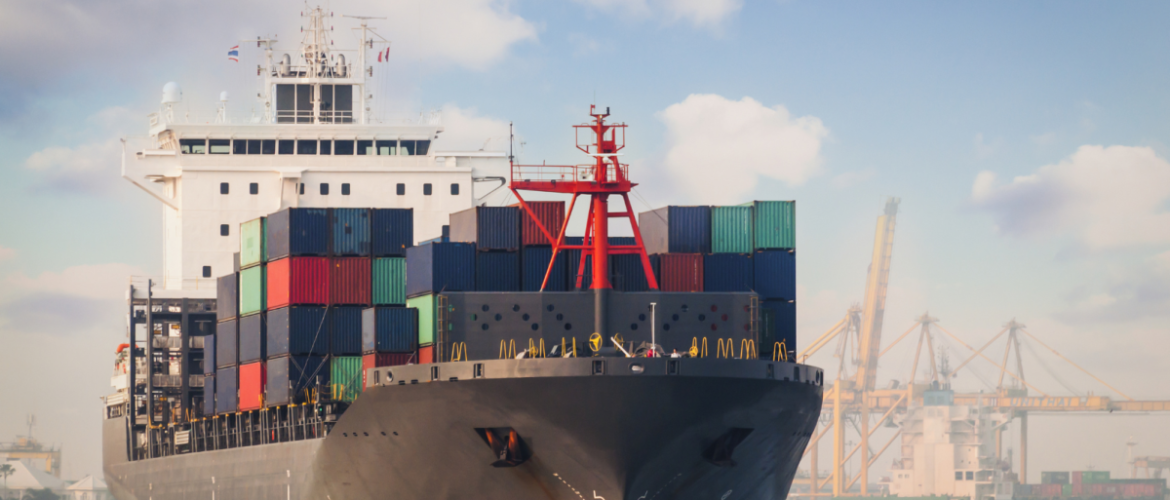Effective from 29 March 2024, the UAE’s maritime legal landscape is undergoing significant changes with the implementation of the Federal Decree-Law No. 43 of 2023 Concerning the Maritime Law (the “New Maritime Law”). This law marks a departure from the existing framework, governed by Federal Law No. 26 of 1981 (the “Existing Maritime Law”), and brings about several notable alterations impacting shipowners, charterers, P&I Clubs, shipping lawyers, and the broader maritime community.
Ownership and Registration of UAE-Registered Vessels
-
Under the Old Law, ownership of UAE-registered vessels was restricted to UAE nationals or companies where most shareholders and directors were UAE nationals. However, the New Law expands ownership eligibility to entities with a presence in the UAE and individuals from UAE or other GCC countries. This shift eliminates the Emirati nationality requirement, allowing UAE-registered vessels to be owned by entities domiciled in the UAE or by nationals of UAE and GCC countries.
-
Vessel registration procedures under the New Law are pending clarification through the forthcoming Implementing Regulation. Nonetheless, it’s established that newbuild vessels must receive approval from the Ministry of Energy and Infrastructure, which will establish a dedicated register for recording shipbuilding contracts.
Ship Arrest Provisions and Counter-Security
-
The New Maritime Law introduces significant amendments to ship arrest provisions. While it doesn’t go as far as some jurisdictions like South Africa or Hong Kong, which allow associated ship arrests or waive counter-security requirements, it aligns with the 1999 Arrest of Ships Convention, expanding creditor actions and the grounds for vessel arrests.
-
Under the New Law, the criteria for vessel arrests have been broadened to include various maritime debts, encompassing environmental damage caused by ships, costs related to salvaging or removing wrecks, port fees, insurance premiums, commissions, and ship sale disputes. Notably, the New Law also permits arrests for crew repatriation costs and social insurance contributions.
Moreover, sister-ship arrests now require the debtor to own the targeted vessel at the time of arrest application, unlike the previous law where ownership at the time of the debt’s occurrence sufficed. Bareboat-chartered vessels can also be arrested during the charter period for debts incurred by the charterer, a departure from the earlier law’s provisions.
Counter-security mechanisms have been standardized under the New Law, mandating the provision of financial guarantees by claimants for ship and crew safety during arrests. Courts will no longer accept cash deposits or bank guarantees alone, instead recognizing Letters of Undertaking (LOUs) issued by P&I Clubs or approved financial institutions as valid security for vessel release.
The transition from the Old to the New Maritime Law in the UAE brings about a comprehensive overhaul of maritime legal frameworks, impacting vessel ownership, registration procedures, ship arrest provisions, and counter-security mechanisms. These changes aim to enhance legal clarity, streamline procedures, and align the UAE’s maritime regulations with international conventions, ultimately fostering a more robust and globally compatible maritime legal environment.
For any of our services, Contact Us


